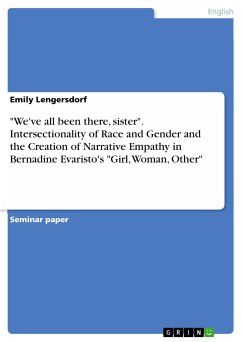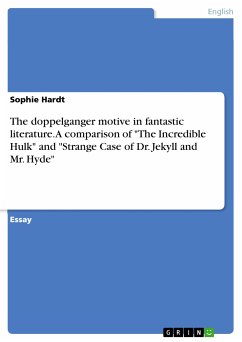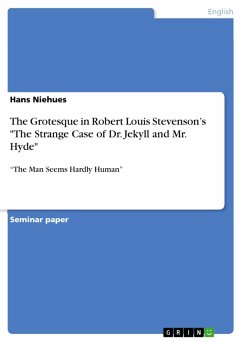Master's Thesis from the year 2021 in the subject English Language and Literature Studies - Literature, grade: 1,0, University of Freiburg (English Department), language: English, abstract: This paper uses both distant and close reading methods to analyse reader reception of Bernardine Evaristo's works "The Emperor's Babe", "Mr. Loverman" and her Booker Award winning publication "Girl, Woman, Other". Through experimental form and style, approachable characters and humorous style of writing, Evaristo successfully draws the contemporary reader into the story world and educates her on the constructedness of cognitive borders and social categorizations (sex, gender, age, race, class et cetera). After the reader crosses the border into the story world, she follows the individual journeys of the fictional characters with the help of mind-reading and narrative empathy and leaves the story world with differences in cognitive processing" followed by effects on "cognition, perception and action. To empirically analyse the educational, border-crossing effect of a literary work that reaches beyond the reading experience, this paper uses reception data from Goodreads in the form of reader profile information and reviews on "The Emperor's Babe", "Mr. Loverman" and "Girl, Woman, Other". After a theoretical introduction to the historic development of the academic interest in both border and (empirical) reception studies, the results section will outline the major findings of a descriptive statistical analysis of the retrieved data for the reception of all novels. Each novel's reception will then be looked at individually through distant and close reading of the respective book's narrative techniques. A discussion section will compare the findings of the distant and close readings of all three books under discussion. The paper will close with a critical summary of the findings in the conclusion and give an outlook on the advantages and opportunities provided by the study of the subversive, border-crossing effects of literature in general. The influence of fiction on a reader's personal life and social cognition has been of interest to academia ever since the beginnings of reader-response criticism and the cognitive turn of the 1980s. Literature, after all, has the power to serve as a springboard for subversive thought, the precursory movement of a transformation of social and cultural structures. Reader response and reception theorists, cognitive literary critics and empirical receptionists have thus been trying to empirically explain the transformative, subversive powers of literature.
Dieser Download kann aus rechtlichen Gründen nur mit Rechnungsadresse in A, B, BG, CY, CZ, D, DK, EW, E, FIN, F, GR, HR, H, IRL, I, LT, L, LR, M, NL, PL, P, R, S, SLO, SK ausgeliefert werden.









